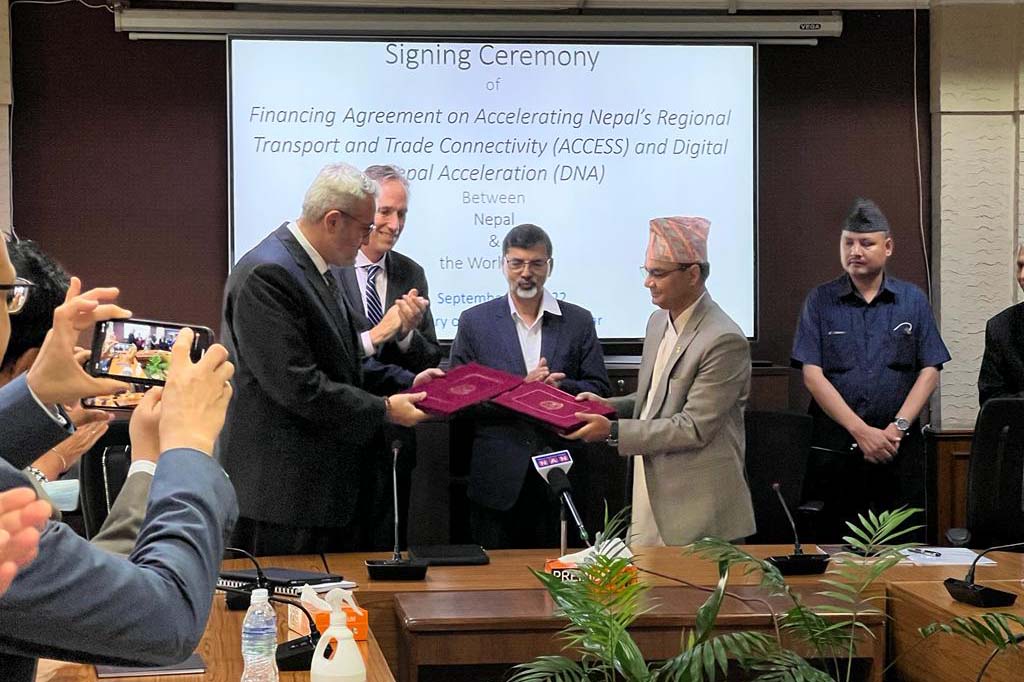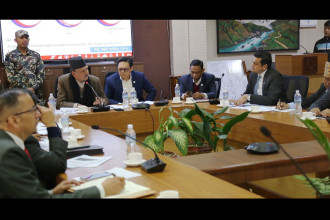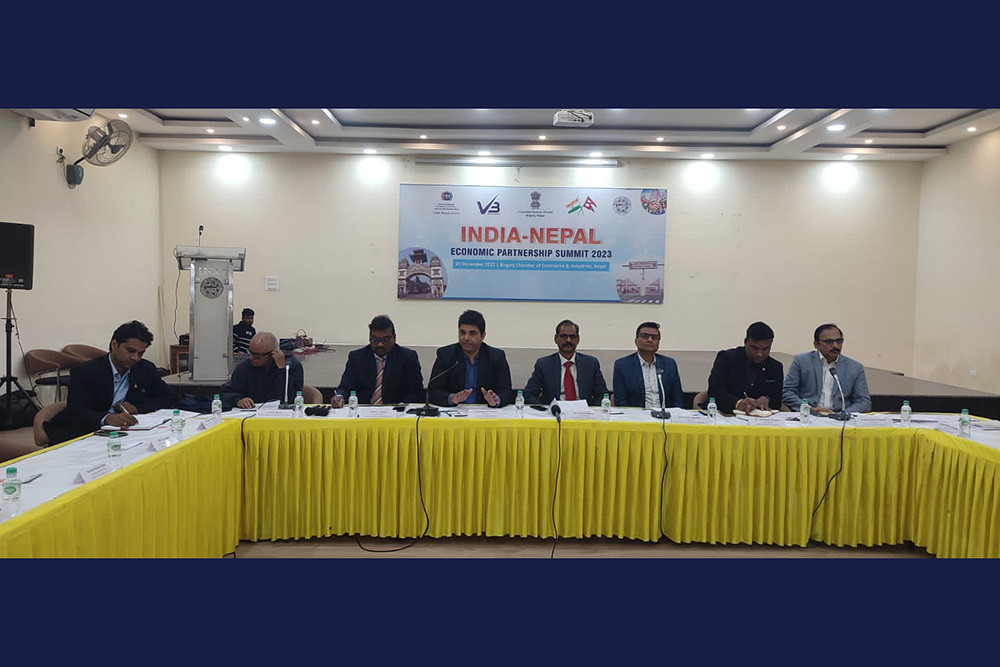
KATHMANDU: The government and the World Bank have signed concessional financing agreements for $275 million (equivalent to Rs 34.96 billion) for the accelerating Nepal’s Regional Transport and Trade Connectivity (ACCESS) Project and $140 million (equivalent to Rs 17.79 billion) for the Digital Nepal Acceleration (DNA) Project.
The agreements were signed by the Finance Secretary, Krishna Hari Pushkar, on behalf of the Government of Nepal, and the World Bank Country Director for Maldives, Nepal, and Sri Lanka, Faris Hadad-Zervos in the presence of Minister of Finance, Janardan Sharma, and World Bank Vice President for South Asia, Martin Raiser.
“The projects will help unlock Nepal’s economic potential through better connectivity and trade, enhanced digital engagement among people and businesses, and access to regional markets to support the socio-economic development in an inclusive manner,” stated Finance Secretary Pushkar.
Under the Accelerating Nepal’s Regional Transport and Trade Connectivity Project, the 69-kilometre two-lane section of the Butwal-Gorusinghe-Chandrauta road along the East-West Highway will be upgraded to a climate-resilient four-lane highway. With a focus on ensuring better road safety, the project is expected to reduce travel time by 30%, thus providing better access to India’s western seaports. The project will construct at least three market areas with required internet and trade information facilities along the highway to help enhance economic opportunities, especially for women entrepreneurs and traders.
The Digital Nepal Acceleration Project supports the implementation of the Digital Nepal Framework, the country’s digital economy strategy that was announced by the government in 2019. The project will mobilise private capital to increase access to broadband services in rural areas, benefitting people and businesses that are currently not connected to high-quality and affordable internet connectivity. It will also support and secure the delivery of digital government services through improvements in Nepal’s public data infrastructure and cybersecurity capabilities, increasing access to digital services by women, ethnic and social minorities, and persons with disabilities.
“The World Bank is committed to supporting regional integration and digital transformation in Nepal to ensure the country’s trade growth, long-term sustainability, and resilience of investments, and enable an innovative digital economy,” said Faris Hadad-Zervos.
READ ALSO:
Published Date: September 19, 2022, 12:00 am
Post Comment
E-Magazine

Click Here To Read Full Issue
RELATED B360 National




